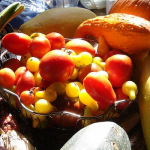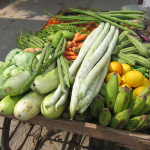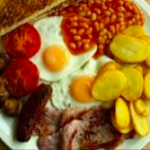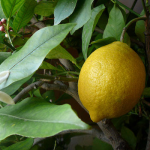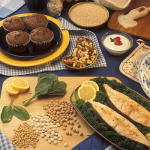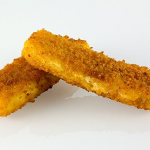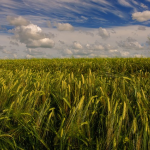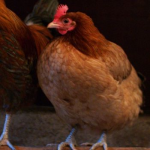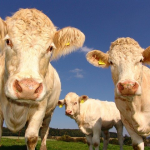Are the small levels of pesticides, herbicides and genetic modifications in our food -- whether human-made or natural -- harmful? Let's put the virus aside for a moment and see what we find.
Food & Nutrition
Scammers like to scare the elderly using coronavirus and Social Security fraud. Now, the AARP likes to scare old people over the food they eat.
As non-essential businesses were lock-down over the last few weeks, the regulatory line between essential and non-essential got fuzzy. Some essential services are no-brainers, pharmacies, grocery and food markets, logistical systems, and of course, healthcare facilities. Other businesses were not so lucky, involving crowds that could not be effectively physically distanced – movie theaters and gyms come to mind. And then, of course, there are those grey area businesses.
Consuming a huge meal to start the day, in order to lose weight, is an old adage. Does this belief stand up to science? Angela Dowden, our expert nutritionist, takes a closer look.
Your dog doesn't need to drink orange juice. There are evolutionary and biochemical reasons why humans need to consume vitamin C but dogs -- and many other animals -- do not.
The internet is brimming with nutritional nonsense. A new book teaches us how to spot the myths.
A new, nutty fad is called "activating nuts," which is described as a laborious process that falls just short of making them germinate. Those involved in this have got to be kidding. What's the motivation behind all this? Angela Dowden explains.
Fish sticks, for many a dinnertime staple, cast an environmental shadow. Fisheries contribute 4% of agriculture's 10-to-32% contribution to Green House Gases. And given those ranges, it should be no surprise that the “environmental performance” varies between the fisheries under discussion. How bad is a fish stick? It depends on what you count, and over what time horizon.
There’s been endless debate about which is the best way to eat, and many an extreme diet created in both camps to line the pockets of dodgy doctors. However, if a new study published in JAMA Internal Medicine is anything to go by, it’s just not worth getting worked up about.
For centuries farmers have tried to bend their crops -- nature’s bounty -- to their will to create bigger, more plentiful, perhaps ever-tastier foods. In the past, this genetic editing, known as hybridization, has been luck of the draw. But new genetic technologies have changed that random-luck equation. A new study looks at how your scientific literacy impacts the perception of these changes, and whether knowing more reduces fear.
What does the science say about the safety of America’s chicken farming practice?
Are those cheery ads, featuring celebrities with a milk mustache, actually beckoning you towards a shorter life and telomeres? Or is this just another "nutritional nowhere" situation? A recent study reports definitively, perhaps.
